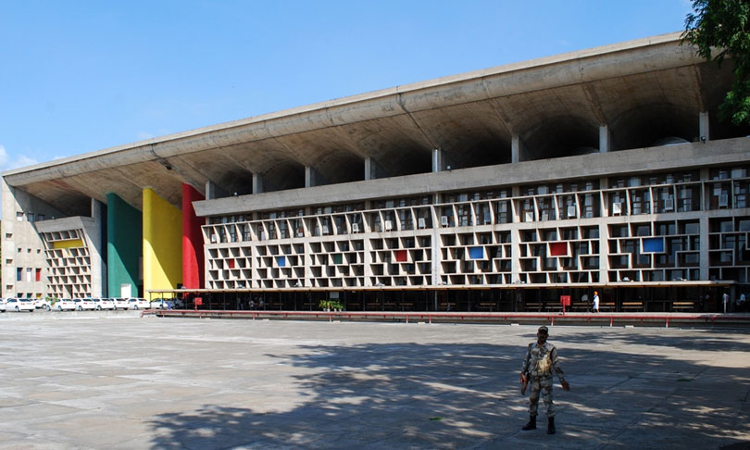"Is This How We Honour A Martyr?", Observes P&H HC While Granting Compensation To Legal Heirs Of Freedom Fighter Whose Land Was Confiscated By British Govt
Manu Sebastian
29 March 2019 12:14 PM IST

"While on one hand, the Government of India is erecting National War Memorial, at the cost of rupee 150 crores to honour the martyrs of Indian Armed Forces, on the other the real plight of the family of a martyr, who only out of love for the motherland proudly gave his life for freedom of country, is reflected in the present case."
Next Story


